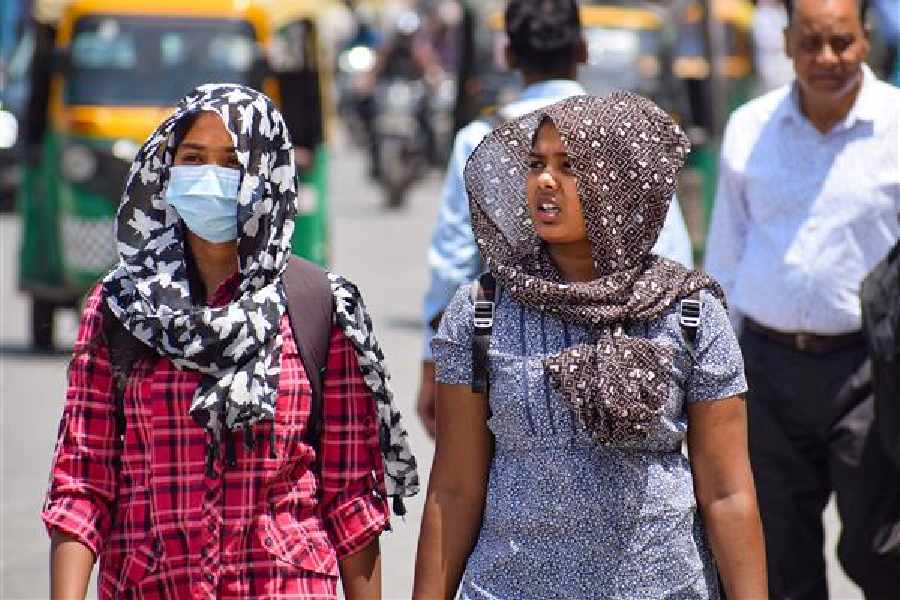Parts of North and East India have had their eyes peeled on the sky — for rain. The urgency is understandable. The India Meteorological Department has stated that 2024 has, arguably, been the year in which India experienced the longest spells of heatwaves. The data from IMD show that between March and June, 14 out of the 36 meteorological subdivisions spread across the country witnessed over 15 heatwave days. This harsh summer, Odisha topped the heatwave chart by registering the highest number of such hot days. It was followed by western Rajasthan, Gangetic West Bengal, Delhi, Haryana, western Uttar Pradesh among other regions. Already, there has been a paucity of rainfall in June and the national reservoirs are functioning well below their capacity. Worse, scientists argue that this kind of inclement weather will only get worse in the future — thanks to that spectre called climate change, which, in spite of its catastrophic potential, remains in the footnotes of national policymaking and interventions. The consequences of lengthening heatwaves are devastating and manifold. Human health will be imperilled by a plethora of ailments, with children and the elderly at the highest risk. Agriculture is going to be adversely affected and, with it, global food production would plunge, leading to attendant challenges to economies, food security and public health.
The only option of surviving this doomsday is through adaptative protection that needs to be implemented across constituencies. The public discourse, these days, is full of advice on personal protection measures: the usage of protective gear and cooling gadgets for homes figure among these. But in a deeply iniquitous society such as India, large segments of the impoverished population cannot afford many of these tools of survival. This, quite rightly, puts the onus of undertaking adaptive mechanisms on the State. Authorities across India’s metropolises must take urgent steps to battle heatwaves by investing in such measures as the retrofitting of buildings and roads to minimise heat exposure, afforestation, and investments in greener transport as well as critical medical emergency services. These transitions would also require seamless coordination among administrations at the national and local levels: conceiving of a standard operating procedure with inputs from specialists in the matter could hold the key. Adaptive steps are mandatory and must form the fulcrum of civic responsibilities and actions — now.











